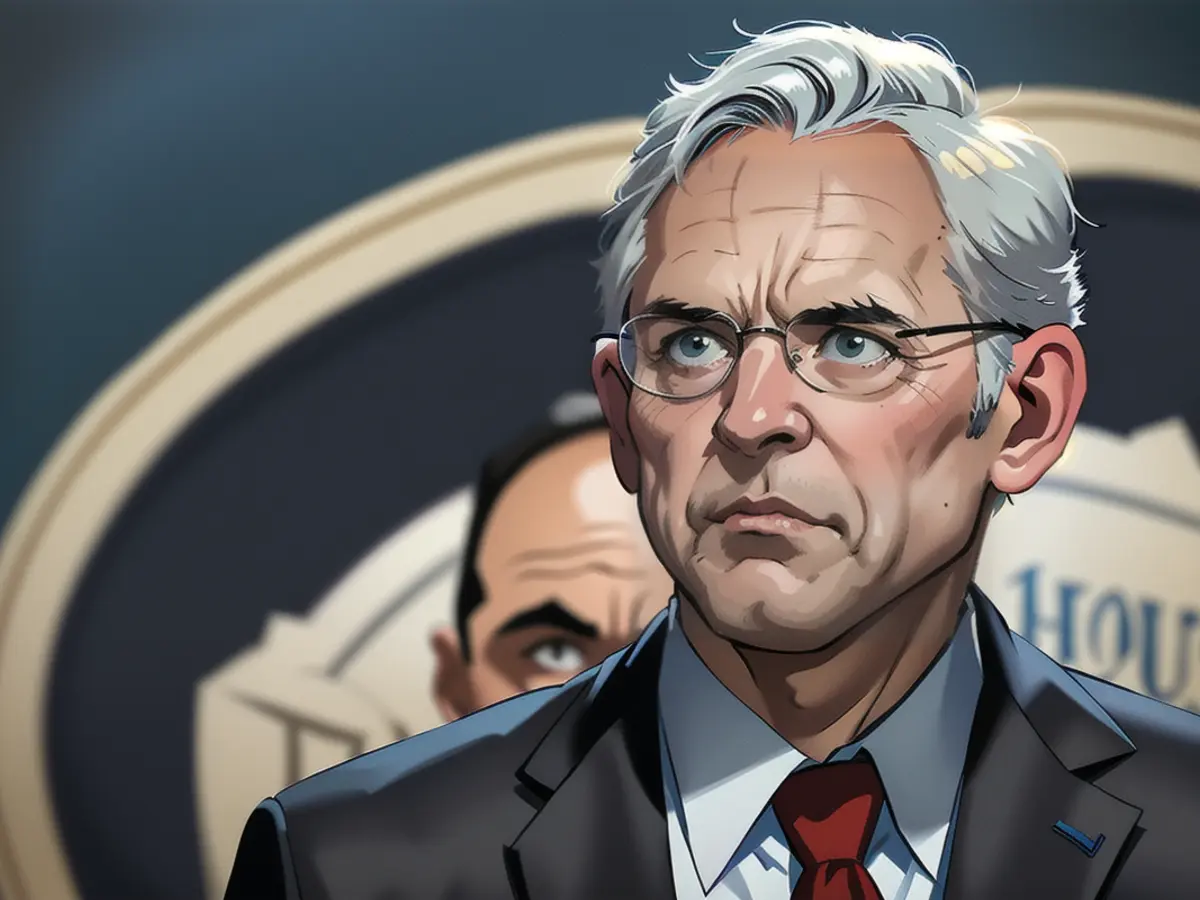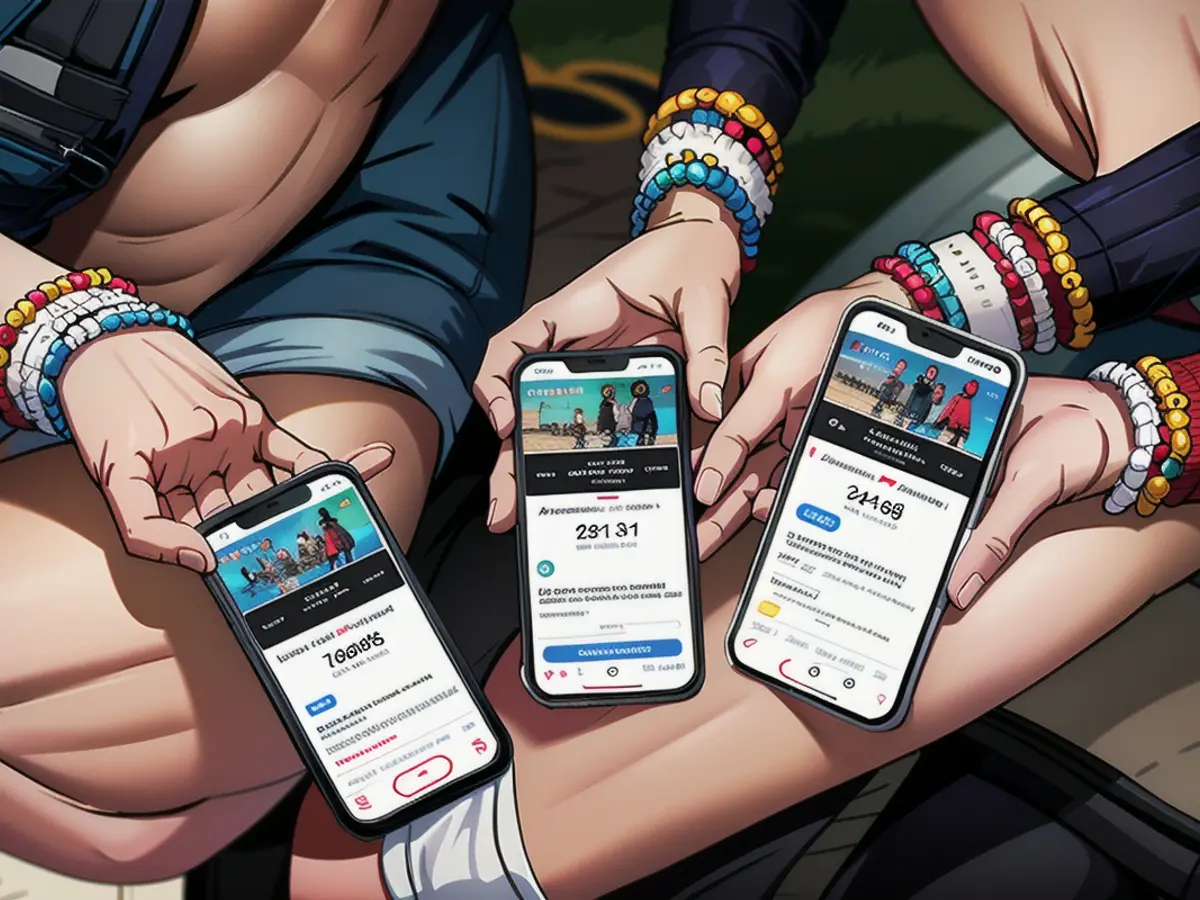The significant Ticketmaster legal case and its implications for customers
The Department of Justice is claiming that the complaints about Live Nation are just symptoms of a deeper issue.
Attorney General Merrick Garland stated at a press conference, "We're not here because Ticketmaster's actions are annoying or inconvenient. We're here because they're illegal."
So, what are the key points from this groundbreaking lawsuit?
Greater competition for fans and artists
The lawsuit, filed in New York by the US government and 30 attorneys general from both political parties, alleges that Live Nation has monopolized the live events industry by owning significant parts of everything required to make a successful tour. This includes not only Ticketmaster, which sells tickets directly to fans, but also other parts of the value chain such as concert promoters who work with artists and even many of the venues where they perform.
Antitrust officials argue that Live Nation has exploited this integration, using exclusive contracts, threats, and retaliation to deter competitors and keep venues and rivals in line. These tactics allow Live Nation to charge higher fees, harming customers and artists.
Ticket prices won't necessarily decrease
The Justice Department believes that breaking up Live Nation will disrupt the "flywheel" enabling it to control consumers, artists, and venues. However, Live Nation maintains that even if the lawsuit succeeds, it won't lead to cheaper ticket prices.
The company said in a statement, "Calling Ticketmaster a monopoly may be a publicity move for the DOJ in the short term, but it will lose in court because it disregards the fundamental economics of live entertainment."
Consumer groups advocating for a breakup are supportive, "The only way to ensure fair competition, more access, and better service for fans and artists is for the DOJ to pursue this lawsuit to break up Live Nation-Ticketmaster."
A complex path forward
Live Nation must be broken up for regulators to resolve the issue. However, the specifics on how this should be accomplished have not been outlined. On a call with reporters, senior DOJ officials said they are exploring different options, including a potential spinoff of Ticketmaster, which merged with Live Nation in 2010 to create a vertical integrated behemoth.
The DOJ's new stance suggests that it believes the initial deal was problematic, and the conditions it imposed on Live Nation haven't been effective.
Enhanced customer service
The public's attention has been turned to Live Nation and Ticketmaster due to high-profile incidents like the Taylor Swift fiasco, where technical glitches at Ticketmaster prevented millions of fans from purchasing tickets for her "Eras" tour.
Following this saga in 2022, Swift expressed her frustration on Instagram, calling the situation "excruciating for me" and "infuriating."
Critics of Live Nation contend that the lack of competition has led to issues like poor customer service, complicated pricing, expensive ticketing fees, and restrictions on ticket resales, creating a situation they describe as "death by a thousand cuts."

Read also:
- Telefónica targets market launch for hologram telephony
- vzbv: Internet companies continue to cheat despite ban
- Telefónica targets market launch for hologram telephony in 2026
- AI and climate in schools: how to keep lessons up to date
The case against Ticketmaster and Live Nation could potentially lead to increased competition in the tech sector of the live events industry, benefiting both fans and artists. However, it's debated whether breaking up the companies would necessarily result in lower ticket prices for consumers.
Source: edition.cnn.com








